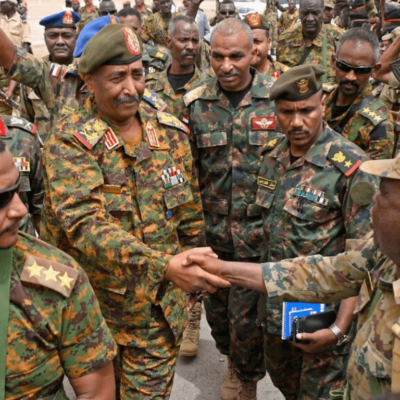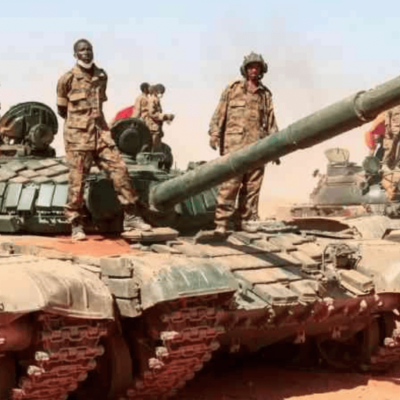Social media monitoring in Turkey: detention, prosecutions over criticisms of Erdogan’s regime
Turkish authorities have detained and prosecuted large numbers of journalists and activists over social media posts criticizing Turkey’s regime, including the Turkish Prime Minister Recep Tayyip Erdogan management of COVID19 health emergency, military operation in the northwest Syrian district of Afrin, Turkish mission in Libya and support to terrorist organizations as Daesh. Turkish authorities are engaged in constantly monitoring internet and social media platforms, making arrest anyone criticizes the Erdogan’s regime by the Turkish Crime Prevention Agency. The crackdown violates the right to peaceful expression and freedom of the press.
Last week, Ankara’s court sentenced four Amnesty International activists to between two and six years in prison on terrorism charges in a high-profile trial, which the human rights group described as a “travesty of justice of spectacular proportions.”The honorary chair of Amnesty International Turkey, TanerKilic, was sentenced to six years and three months in jail for being a member of terror organization, while the group’s former director İdil Eser was sentenced to two years and one month for aiding a terror organization. Amnesty members GünalKursun and ÖzlemDalgiran were also given two years and one-month sentences for aiding a terror group.The human rights group denies all the charges and said that every allegation against its members has been “comprehensively exposed as a baseless slur.”
Read More: Erdogan visits Qatar to seek funds for strengthening regional footing despite COVID19 travel curbs
Another seven defendants were acquitted. The 11 human rights activists were arrested and charged in the summer of 2017 on terrorism charges.The defendants have the right to appeal to the Court of Appeal, which Amnesty Turkey tweeted that they will use. “As we said before the trial, we will not accept even one of our friends to be sentenced. We will continue to follow the case through higher courts,” it said.The four activists will not be imprisoned pending their appeals. The appeal process could take months or years.Andrew Gardner of Amnesty International said in a statement: “Today, we have borne witness to a travesty of justice of spectacular proportions. This verdict is a crushing blow not only for Taner, Özlem, İdil and Günal and their families but for everyone who believes in justice, and human rights activism in Turkey and beyond.”
According to the Ankara’s Interior Ministry, authorities detained 648 people between January 20 and February 26, 2018, over social media posts criticizing Turkey’s military operations in Afrin. Authorities held another 197 people for expressing criticism in other forms, including street protests or expressing solidarity with protesters on social media. The Interior Ministry has indicated that more criminal investigations have been opened since the end of February.“Detaining and prosecuting people for tweets calling for peace is a new low for Turkey’s government,” said Hugh Williamson, Europe and Central Asia director at Human Rights Watch. “Turkish authorities should respect people’s right to peacefully criticize any aspect of government policy, including military operations, and drop these absurd cases.”
This most recent social media crackdown has targeted a wide range of people, affecting journalists; human rights activists; politicians, including four members of parliament from the pro-Kurdish HDP opposition party; members of nongovernmental organizations; academics; construction workers; physicians; and high school and university students. Hundreds of criminal investigations and prosecutions took place over tweets related to Afrin and Libya, involving a journalist, a politician, a documentary maker, an LGBT activist, and a member of a human rights organization, as well as one conviction of a physician for an earlier case of nonviolent speech on social media.
Local and international human rights defenders believe that some of the police raids and criminal investigations are being used as a form of punishment rather than out of genuine belief that criminal behaviour has occurred. Even if a case does not go to trial or ends in acquittal, people labelled as terrorism suspects face adverse consequences due to police investigations and criminal proceedings, including possible loss of employment and social exclusion.




